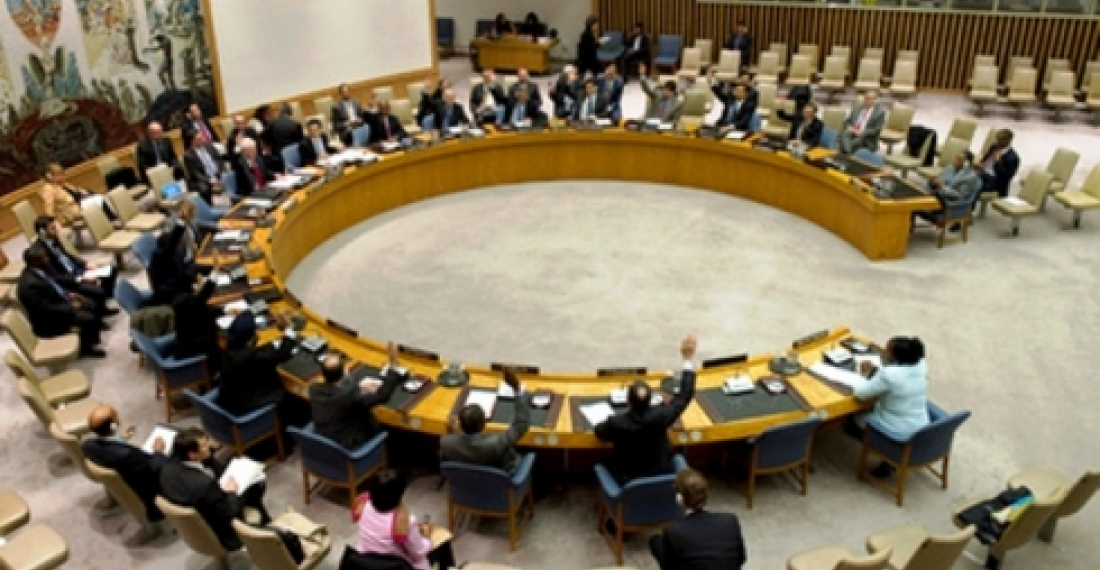On 1 January, Azerbaijan took its place as a non-permanent member of the United Nations Security Council, the first South Caucasus country to be elected to the world body. Azerbaijan will occupy one of the ten non-permanent seats on the Council for a period of two years. It was elected by a vote in the General Assembly in the Autumn.
Azerbaijan was joined by four other newly elected non permanent members, Guatemala, Morocco, Pakistan and Togo.
Diplomats describe the current atmosphere in the Security Council as very tense, with the world powers divided on issues such as Syria and Iran. "It is like the Cold War," said one Western diplomat, according to Agence France Presse. The Agency also quoted Russia's UN envoy Vitaly Churkin as saying that the Council's work could be "seriously hurt" if the tensions persist.
Azerbaijan President Ilham Aliev described his country's election to the UN body as the biggest victory in the 20 year history of Azerbaijan since independence. "We have earned the confidence of the whole world in a difficult struggle", he told the nation in his New Year's address.
Commonspace political editor said in a comment: "Azerbaijan's political and diplomatic skills will be tested over the next two years through its performance on the UN Security Council. There will be difficult decisions to make, and countries have a habit of remembering who voted for and against them when sensitive votes take place in the Security Council. Azerbaijan will have to balance its immediate and long term national interests and will need to be sensitive to those blocks of countries that supported its election to the world body, such as the Organisation of the Islamic Conference.
However if it pursues a sensible policy there is no reason why Azerbaijan will not emerge from the process with a better position in the international arena. The danger will arise if the work in the Security Council is used for domestic political purposes, but this is unlikely."
source: commonspace.eu
photo: The UN Security Council in session on 21 December 2011 (picture courtesy of the United Nations)







